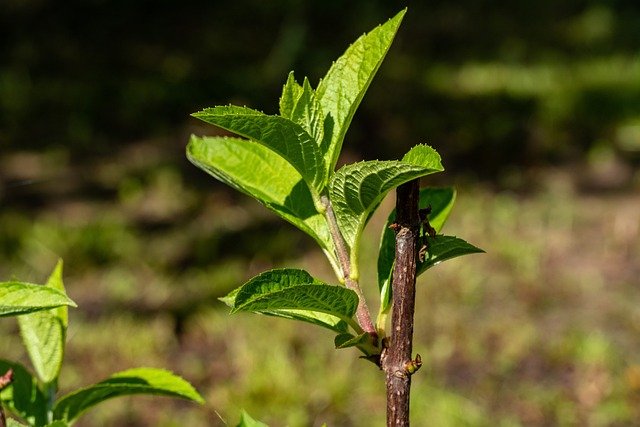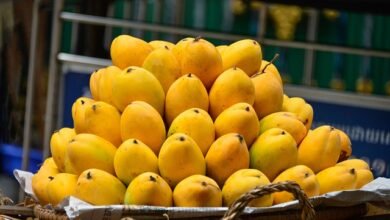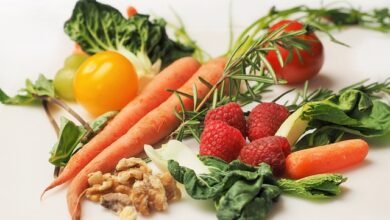Uncategorized
Kidney Stone: Avoid These Foods To Lower Your Risk

Avoiding certain foods can help lower the risk of kidney stone formation, especially if you are prone to developing them. Here are some foods you should consider avoiding to reduce your risk of kidney stones:
1. Oxalate-Rich Foods
- Description: Oxalates can bind with calcium in the urine, leading to the formation of calcium oxalate kidney stones, the most common type of kidney stones.
- Foods to Avoid:
- Spinach
- Rhubarb
- Beets
- Swiss chard
- Nuts and nut butters (almonds, peanuts, cashews)
- Chocolate
- Tea
- Bran flakes
2. High-Sodium Foods
- Description: High sodium intake can increase calcium excretion in the urine, contributing to the formation of calcium-containing kidney stones.
- Foods to Avoid:
- Processed and packaged foods
- Canned soups and broths
- Processed meats (bacon, sausage, deli meats)
- Fast food
- Salted snacks (chips, pretzels)
- Pickled foods
- Restaurant or takeout meals (often high in sodium)
3. Animal Protein
- Description: Animal proteins, especially red meat and poultry, can increase the excretion of calcium and uric acid in the urine, which may lead to the formation of kidney stones.
- Foods to Avoid:
- Red meat (beef, lamb, pork)
- Organ meats (liver, kidney)
- Poultry (chicken, turkey)
- Fish and seafood (especially high in purines)
- Eggs
4. Sugary Foods and Beverages
- Description: High intake of sugar, particularly fructose, can increase the excretion of calcium, oxalate, and uric acid in the urine, promoting kidney stone formation.
- Foods to Avoid:
- Soda and other sugary drinks
- Sweetened fruit juices
- Candy and sweets
- Pastries and desserts
- Sweetened cereals
- Sweetened yogurt
5. High-Purine Foods
- Description: Foods high in purines can lead to increased uric acid levels in the urine, contributing to the formation of uric acid kidney stones.
- Foods to Avoid:
- Organ meats (liver, kidney)
- Red meat (beef, lamb, pork)
- Game meats (venison, rabbit)
- Seafood (anchovies, sardines, mussels, scallops)
- Gravy and meat extracts
6. Calcium Supplements (in excess)
- Description: While calcium is essential for bone health, excessive calcium supplementation may increase the risk of calcium oxalate kidney stones, especially if taken without food.
- Recommendation: If you take calcium supplements, do so with food and as directed by your healthcare provider.
7. Vitamin C Supplements (in excess)
- Description: Large doses of vitamin C (ascorbic acid) can be metabolized into oxalate, potentially increasing the risk of calcium oxalate kidney stones.
- Recommendation: Avoid excessive use of vitamin C supplements.
8. Caffeine
- Description: Caffeine can increase the excretion of calcium in the urine, potentially contributing to kidney stone formation.
- Foods to Limit:
- Coffee
- Tea
- Energy drinks
- Chocolate
9. Alcohol
- Description: Alcohol can lead to dehydration, which increases the concentration of minerals in the urine, potentially contributing to kidney stone formation.
- Recommendation: Limit alcohol consumption and ensure adequate hydration when consuming alcoholic beverages.
10. Excessive Salt Substitutes
- Description: Some salt substitutes contain potassium chloride, which can increase the excretion of calcium in the urine, potentially contributing to kidney stone formation.
- Recommendation: If you need to use salt substitutes, use them sparingly and consult with your healthcare provider.
Conclusion
By avoiding these foods and making dietary changes, you can help reduce your risk of kidney stone formation. However, it’s essential to maintain a balanced diet and stay hydrated. If you have a history of kidney stones or other medical conditions, consult with a healthcare provider or a registered dietitian for personalized dietary recommendations.




